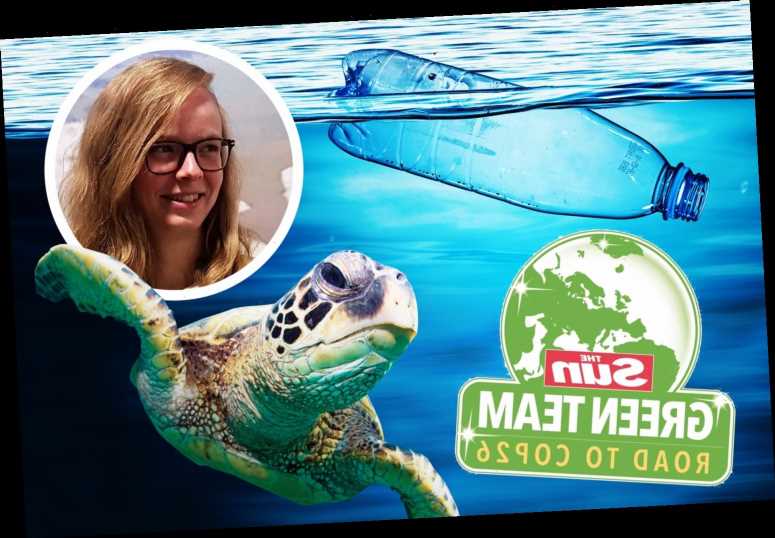IN 1971 thousands of bottles were dumped outside the London HQ of soft drinks firm Schweppes after the company stopped collecting bottles to be returned and reused.
It was the first campaign action of Friends of the Earth UK, a new environmental organisation that had formed that year.
Fifty years later it seems that returnable bottles are coming back.
It may have taken half a century but finally introducing a deposit return scheme for drink containers would be great news for the planet.
The UK gets through a staggering quantity of bottles, cartons and cans every year: 14billion plastic drink bottles, nine billion drink cans and five billion glass bottles.
Some of these are recycled but far too many are discarded in our countryside, parks and streets or end up in our rivers and washed up on our shores.
Thrown-away plastic bottles can choke our wildlife and even pass into the food chain when tiny pieces of plastic are swallowed by fish and other marine creatures. This means there is a high chance that we are eating plastic in our fish supper.
Plastic pollution is not only an enormous threat to nature and a blight on our environment, it is also an incredible waste of precious resources.
We all want to do the right thing but often it is too difficult to responsibly dispose of bottles and other food and drink containers when done with them.
A deposit return scheme could really go some way to change this, by paying you back a small fee when you return your packaging.
Getting money back for helping the planet would be fantastic, though we need to make sure any deposit return scheme is easy for everyone to benefit from.
This means having as many return points as we can, no matter where people live and shop. Systems like this in other countries have been hugely successful.
A Norwegian scheme has led to 95 per cent of plastic bottles being recycled, while a German one for plastic, glass and metal drink containers has seen recycling rates in excess of 97 per cent.
But drink containers are just a small part of the mountain of rubbish generated every year, so we need the Government to get tough on all kinds of waste.
This means focusing more on waste reduction, creating less of it in the first place.
Cutting waste doesn’t just fight plastic pollution. It could create more jobs, too.
Research by Zero Waste World has shown that you can create 200 times more jobs if zero-waste strategies are in place compared to just incinerating waste or sending it to landfill.
Products should be designed to have minimal impact on the planet, last longer, be easy to repair and recycle and, where possible, be reused or refilled.
But we need a better plan for cutting plastic in the first place.
And that’s why Friends of the Earth has joined with a number of MPs, green groups, businesses, scientists and faith representatives in calling on Prime Minister Boris Johnson to set new laws that reduce pointless plastic pollution.
A comprehensive deposit return scheme could be a game changer in fighting plastic pollution.
But when it comes to dealing with the wider waste problem, ministers must not bottle it.
GOT a story? RING The Sun on 0207 782 4104 or WHATSAPP on 07423720250 or EMAIL [email protected]
Source: Read Full Article








